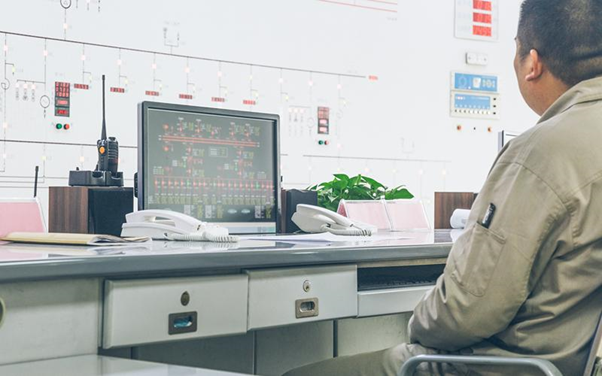In electronics, accuracy is everything. A slight measurement error can derail a design, confuse diagnostics, or even compromise safety. The oscilloscope comes in as an engineer’s window into the invisible world of signals. But an oscilloscope on its own is like a microscope without the right lens. To fully unlock its power, you need the right probe, and in many cases, an oscilloscope current probe. This duo measures, reveals, validates, and empowers decisions across industries, from consumer gadgets to aerospace systems.
Making the Case For Oscilloscopes and Current Probes
The oscilloscope has long been the cornerstone of test and measurement equipment. Its ability to visualise voltage changes over time makes it indispensable for detecting glitches, timing errors, and signal distortions. However, when current becomes the parameter of interest, such as in motor controls, battery systems, or power electronics, voltage alone isn’t enough.
That’s where an oscilloscope current probe proves invaluable. Converting current into a measurable voltage signal allows the oscilloscope to interpret real-time current behaviour without interrupting the circuit. This non-invasive approach is critical when working on sensitive or high-powered systems where direct insertion of meters would be risky or impractical.
The case for pairing scopes with current probes is straightforward: voltage tells part of the story, but current completes it. Together, they create a full diagnostic picture that can save hours of troubleshooting and prevent costly design errors.
What Sets Them Apart
Not all oscilloscopes or probes are created equal. The technical nuances can dramatically affect results, making attention to detail essential.
For oscilloscopes, bandwidth and sampling rate are the defining specifications. A scope with insufficient bandwidth might smooth out fast transients, masking potential hazards. Likewise, a low sampling rate can miss critical anomalies, like switching spikes in high-speed circuits.
With current probes, accuracy and range are the big factors. Hall-effect current probes, for instance, are well-suited for DC and low-frequency AC. Transformer-style probes excel in high-frequency applications but cannot measure DC. Sensitivity is another factor. Too little, and small currents vanish; too much, and large currents clip or distort.
Then comes compatibility. Matching a probe’s bandwidth to the oscilloscope ensures fidelity, while using mismatched components risks misinterpretation. Engineers often note that investing in quality probes is as important as choosing the right scope itself, as the probe becomes the bridge between the circuit and the display.
Tips for Selecting the Right Tools
Selecting the right oscilloscope and probe is less about chasing the most advanced specifications and more about aligning tools with needs. A laboratory tackling 5G technology may need a multi-gigahertz scope. A repair workshop might find a mid-range model sufficient.
When evaluating an oscilloscope current probe, consider three practical aspects:
- Range: Does it handle the expected current without distortion? Probes designed for small-signal electronics may struggle with automotive or industrial loads.
- Isolation: Electrical safety is paramount, especially when working on high-voltage systems. Probes with good isolation ensure accurate results without putting users at risk.
- Ease of use: Engineers often juggle multiple measurements. Lightweight, clamp-style probes reduce setup time and avoid circuit interruptions.
Budget matters too, but professionals often caution against bargain hunting. Low-quality probes can introduce noise or distortions, undermining the very measurements they’re meant to clarify.
Beyond the Lab Bench
The oscilloscope and its current probe aren’t confined to research facilities or manufacturing plants. Their versatility extends into surprising areas.
In the renewable energy sector, current probes help validate solar inverters, ensuring efficient power conversion. Electric vehicle engineers rely on them to monitor charging systems and battery behaviour, where both safety and performance are on the line.
Even outside traditional engineering, oscilloscopes and probes have curious roles. Audio technicians sometimes use them to verify amplifier outputs, while hobbyists employ them in DIY electronics projects. In academic settings, affordable oscilloscopes paired with probes are enabling students to explore current flow and waveform behaviour hands-on.
A Partnership That Defines Precision
Oscilloscopes are powerful, but their potential shines brightest when paired with the right accessories. The oscilloscope current probe transforms the tool from a voltage viewer into a comprehensive diagnostic system, offering a complete picture of electronic behaviour. Whether testing consumer electronics, designing renewable energy systems, or fine-tuning automotive technologies, this combination helps ensure accuracy, efficiency, and safety.
Curious about how an oscilloscope and oscilloscope current probe can transform your workflow? Explore Genetron today and see how precision brings clarity to every project.

